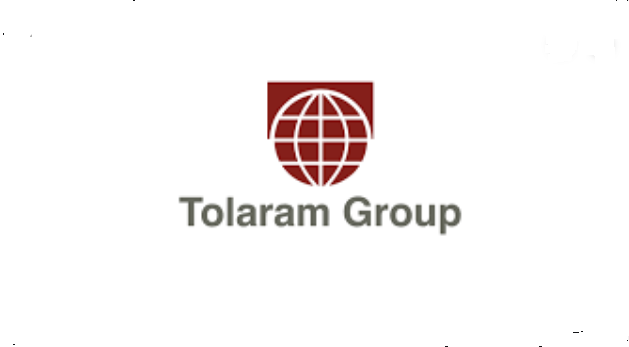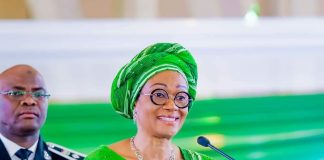The Tolaram Group, makers of Indomie Noodles, is building the biggest port in West Africa on the east side of Lagos with $1bn facility from China, according to the Financial Times.
A report in Financial Times on Tuesday said the Singapore-based company was set to close financing this week for what could be the busiest port in West Africa sub-region, which would help transform Africa’s largest economy.
The port, the biggest development ever undertaken by Tolaram, the report said, “is being built on the back of a $450m annual business that has turned Indomie noodles into one of Nigeria’s national dishes and Tolaram into the largest food company in Africa’s biggest market, surpassing the likes of Unilever and Nestlé.”
According to Financial Times, the new port will be financed with $630m from the China Development Bank, and $470m in equity from the state-owned China Harbour Engineering Company, which has a 52.5 per cent stake and will build it.
Tolaram owns 22.5 per cent, the Nigerian Ports Authority has 5 per cent and Lagos state 20 per cent, the report stated.
“This is a real game changer for us, doing project financing of this scale . . . It’s easy to raise money for a factory — you need $30m, $50m. But you want to raise $800m? That’s a whole different ballgame,” Financial Times quoted Haresh Vaswani, Tolaram’s managing director for Africa and grandson of its founder.
Noting that the project is a new chapter for Tolaram, the report said “The company has in recent years entered a series of joint ventures: a milk business with Denmark’s Arla Foods, cereal and snacks with Kellogg’s and, starting next year, dental care products with Colgate-Palmolive. Now it is moving into infrastructure in a big way.
“The Lekki port is the anchor of an 800-hectare free economic zone the company plans to build. Tolaram said the project would allow Lagos to reclaim its place as the region’s top port from nearby Togo, a much smaller country that has focused on making its port state of the art and its regulations business friendly.”
Quoting Daniel Clemenson, an analyst at IHS Markit, FT said the Lekki port’s modernity will not matter if the government did not improve the surrounding infrastructure.
Citing Apapa, Lagos’s main port, where roads are so shabby and processes so cumbersome that trucks can often wait a week before being allowed in to pick up goods, Clemenson said, “Unless considerable development is undertaken in the surrounding areas I can only see this adding to the problem.”
Mr Vaswani, according to FT, also agreed that “roads are the main priority”, particularly the access road the project will share with its next door neighbour, a massive new oil refinery being built by Africa’s richest man Aliko Dangote.
Mr Vaswani’s father turned the company into an international conglomerate with textile factories in India, property interests in eastern Europe (including a luxury apartment complex in the former KGB headquarters in Tallinn), carpet manufacturing in China and a polymers plant in the UK.
It was however Tolaram’s decision to begin importing Indomie to Nigeria in 1988, the same year Mr Vaswani moved there, that transformed the company, the FT report noted.
“Over the next two decades, it shed its other business, with the exception of the Tallinn real estate, to focus almost exclusively on Indomie. In 1995, the company entered a joint venture with Salim Group, the Indonesian company behind Indomie, and began manufacturing in Nigeria the next year. Growth came slowly — it took 13 years for revenues to reach $10m in Nigeria — before sales began doubling annually by the mid-2000s. Indomie is now in every corner market stall across Nigeria, and in most kitchen cupboards — a cheap, stomach-filling staple that is so ubiquitous it features in rap lyrics.
“However, Nigeria can be a fickle market. Government policies change quickly and can cripple businesses. In 2015, Abuja curbed raw palm oil imports, just after Tolaram had spent tens of millions on a new palm oil factory. After the oil price crash sent Nigeria’s crude-dependent economy into recession in 2016 and the naira was devalued by roughly half, revenues slumped to “next to nothing”, which Tolaram weathered in part because its financing was in naira rather than dollars,” FT added.
Source: THISDAY












